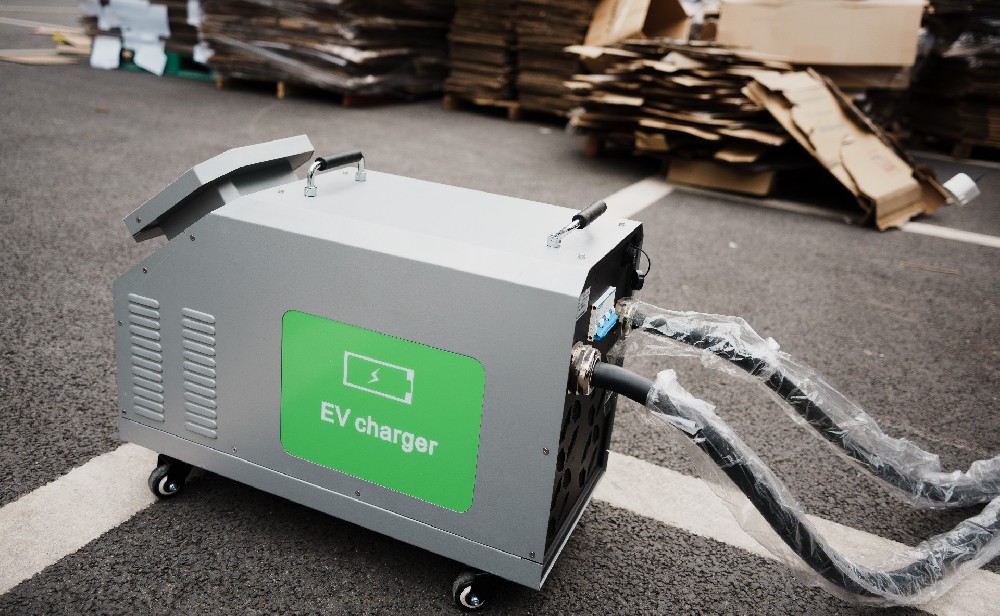-
13822183778@139.com
-
13822183778
Why recommend community charging pile projects?
New energy electric vehicles have gradually become popular in China, with an increasing number of people choosing to use electric vehicles instead of traditional fuel-powered cars. However, the charging infrastructure for electric vehicles has always been a challenging issue, especially in urban areas. To address this issue, many homeowners are considering installing charging stations within their communities. So, why is it recommended to install charging stations in communities? Let's analyze the reasons one by one.
First, community charging stations provide convenient charging for residents. By installing charging stations within the community, residents can easily park their vehicles near the charging stations and charge them at any time. This not only enhances the convenience of using electric vehicles but also reduces the time and effort spent searching for charging stations outside. Additionally, this approach can alleviate parking competition among neighbors.

Second, community charging stations can improve the quality of the community. As cities develop, people's demands for living standards continue to rise. Installing charging stations is an effective way to enhance the quality of the community. For luxury residences and high-end apartments, installing charging stations may even be a necessity. This not only meets the needs of the times but also adds value to the community, improving its overall image and value.
Third, community charging stations can generate economic benefits. In addition to improving convenience and quality, community charging stations can also bring economic benefits to the community. By charging a certain fee for charging services, the community can obtain additional revenue, which can be used for the daily maintenance and upkeep of the charging facilities. Of course, this involves the operation and management of the community's property management, which requires a professional management system.
Fourth, community charging stations can promote the development of electric vehicles. With the increasing popularity of electric vehicles, the demand for charging infrastructure is also growing. Especially in urban areas, where charging facilities are relatively scarce, if more communities begin to install charging stations, it is likely that more people will choose to purchase electric vehicles. This will play a positive role in reducing urban pollution, improving air quality, and building green cities.
Lastly, many charging stations are encouraged projects by government departments. In terms of controlling urban traffic congestion and alleviating environmental pollution, relevant authorities have been continuously introducing policies, providing economic subsidies and support to encourage and promote the development of electric vehicles.
 How long does it take to charge ···
How long does it take to charge ···
 DC Fast Charging CCS type 2 plug
DC Fast Charging CCS type 2 plug
 The high-voltage and high-curren···
The high-voltage and high-curren···


